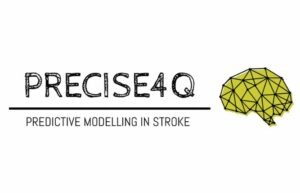Linköping University is one of Sweden’s larger academic institutions and among those that offer the largest number of professional degree programmes, in fields such as medicine, education, business, economics and engineering. Research is conducted within a variety of disciplines, with strong internationally recognised research environments. The Department of Biomedical Engineering, at Linköping University, was founded in 1973, and is Sweden’s oldest department in Biomedical Engineering. The department lies at the epicenter of Linköping’s medical, engineering, and biological research, and is the only department from the technical faculty that is physically situated in the University hospital area. This location ensures tight connections between healthcare and research, in areas including e.g. biomedical devices, medical informatics, and mathematical modelling for decision support systems. Recent EU projects of relevance to this project where LIU has participated include ASSESS CT, SemanticHealthNet, DebugIT, as well as SemanticMining, which also was coordinated from LIU. Of particular importance to this project LIUs participation in the DebugIT project included the delivery of semantically normalized health data from the Swedish ICU quality registry. The health informatics group, headed by Daniel Karlsson, also participates in national and international standardization projects, for example leading the development of models for health care observation SNOMED CT and other health care terminologies. The integrative systems biology group, headed by Gunnar Cedersund, lies at the epicenter of almost all biomedically relevant modelling done at Linköping university.

Gunnar Cedersund

Mikael Nyström

Håkan Örman

Elin Nyman

William Lövfors

